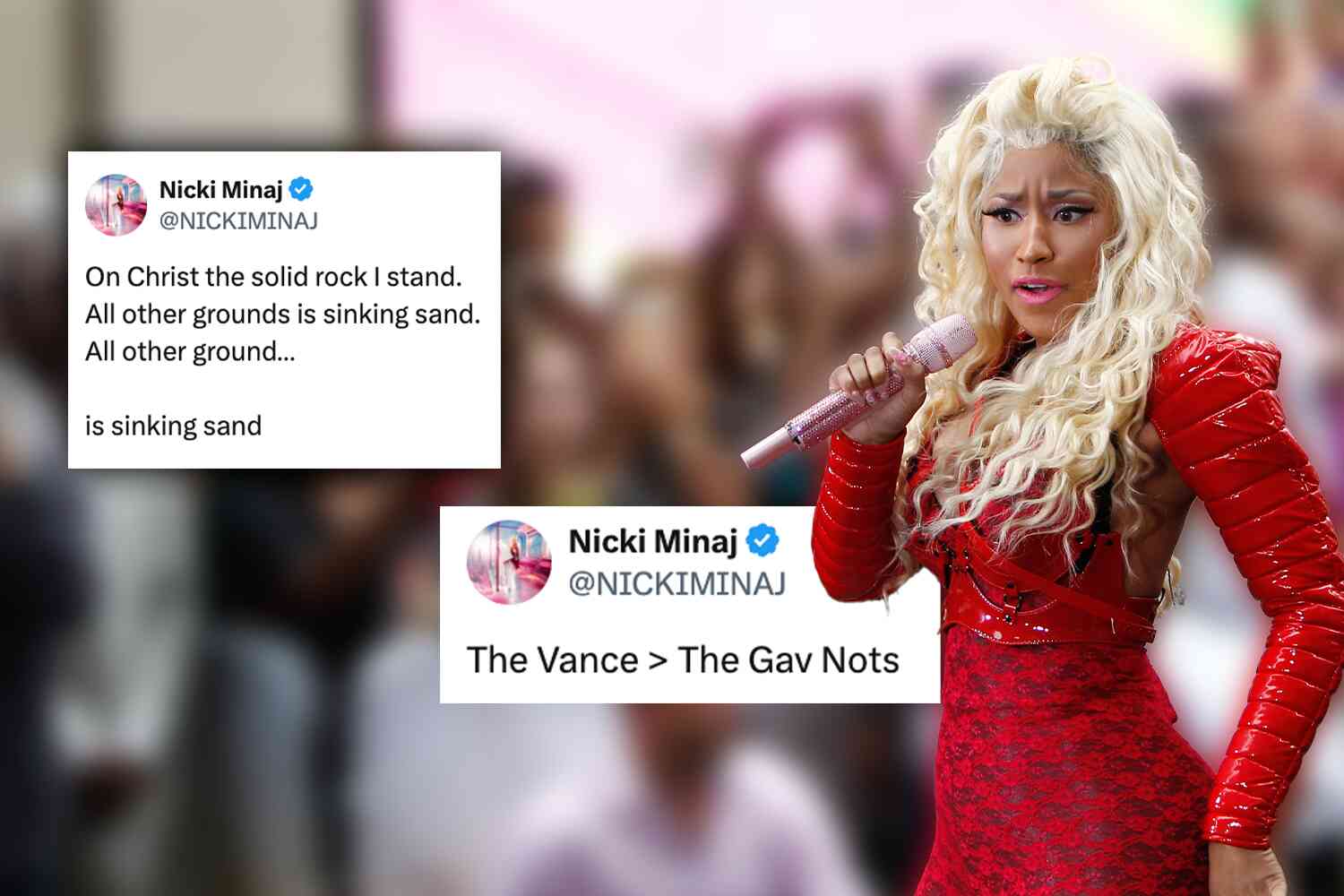The Kids Online Safety Act (KOSA) addresses a lot of concerns that parents and society have as a whole about minors getting addicted to social media and the effects it has on mental health.
Obviously, companies like Meta and Google have heavily opposed laws like this in various states.
However, the federal law just passed the Senate with near unanimous support.
Rand Paul was one of the few dissenters, siding with Big Tech and arguing that the bill will stifle free speech.
As Paul is wont to do, he makes some good points:
The bill empowers the Federal Trade Commission to enforce the duty of care requirement to prevent mental health disorders, yet KOSA does not explicitly define the term 'mental health disorder.' Instead, it references the fifth edition of the Diagnostic and Statistical Manual of Mental Health Disorders . . . or 'the most current successor edition.' That means, the scope of the bill could change overnight without any action from America's elected representatives.
That particular issue is very concerning, for instance, if the editors of the Diagnostic and Statistical Manual of Mental Health Disorders were to, say, include Christianity in their definition of mental health disorder.
But outside of Rand's concerns about ill-defined terminology; there's a lot to love in the law.
It ends doom scrolling for minors
It ends using algorithms to push minors into dangerous content
It requires social media sites to offer parental controls and access to minors' accounts.
It limits minors' interaction with strangers.
It creates time limits for minors' on social media.
It limits access to porn and advertising to minors.
There will be all kinds of pushback about how a minor can just sign up claiming to be an adult, but there is also some impetus on the social media companies to find solutions to that problem or face penalties.
The law doesn't go into effect for six months after it's signed, so there's time to work it out.
But here's the best part of the law for conservative outlets like Not the Bee: Section 13 of the law includes a mandate that social media companies allow users to switch between their opaque algorithms (where the company decides what you'll see in your feed) and input-transparent algorithms (where you get to decide what you see in your feed).
Effectively outlawing shadow-banning.
There's no guarantee that Big Tech will make that input-transparent version easy to get to, but having it is better than not having it.
The bill is now being reviewed in the House and considering it has bipartisan support, it will probably end up on Joe Biden's desk soon.
P.S. Now check out our latest video 👇









